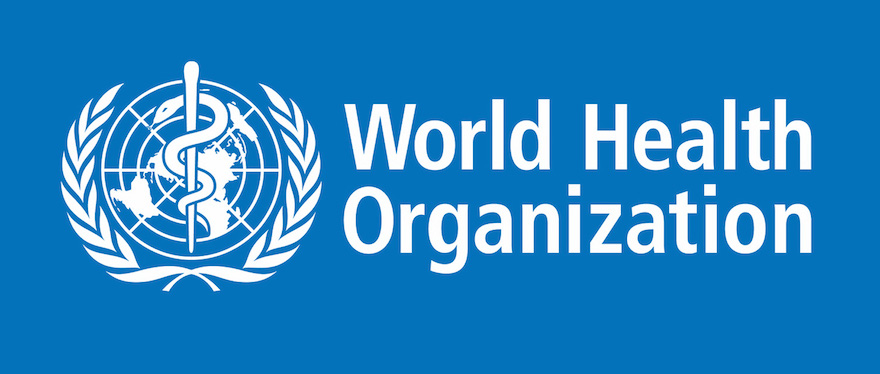By Arif Azad*
The international health landscape is transforming at a dizzying speed, leading to the recalibration of power among different actors. Nowhere is this more apparent than in the changing role of the World Health Organisation.
In 1948, WHO was formed to coordinate and direct international health work. The goal was to achieve the highest possible level of health. The formalisation of WHO’s role rose out of long-standing efforts to coordinate international health which began with the convening of regular international sanitary conferences in the mid-19th century. This practice was to lead to the first known international treaty on cholera which expanded to cover plague and yellow fever.

